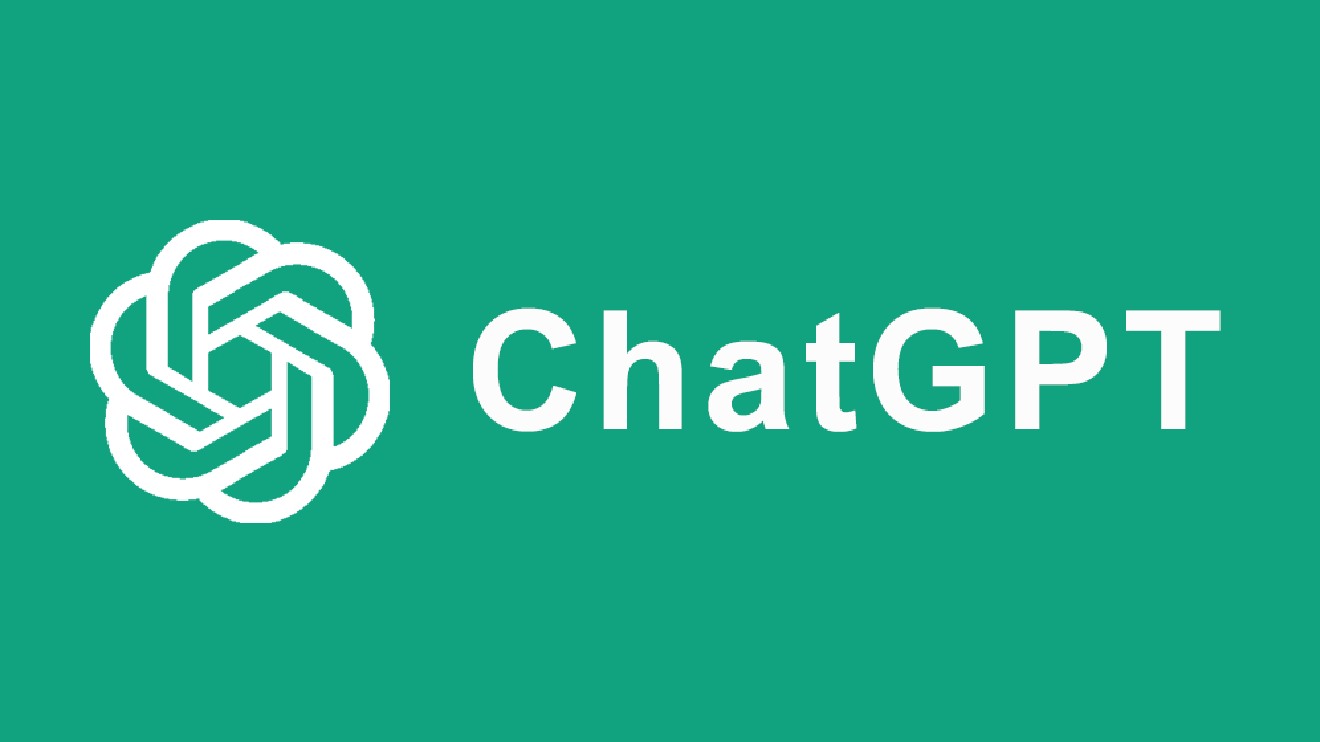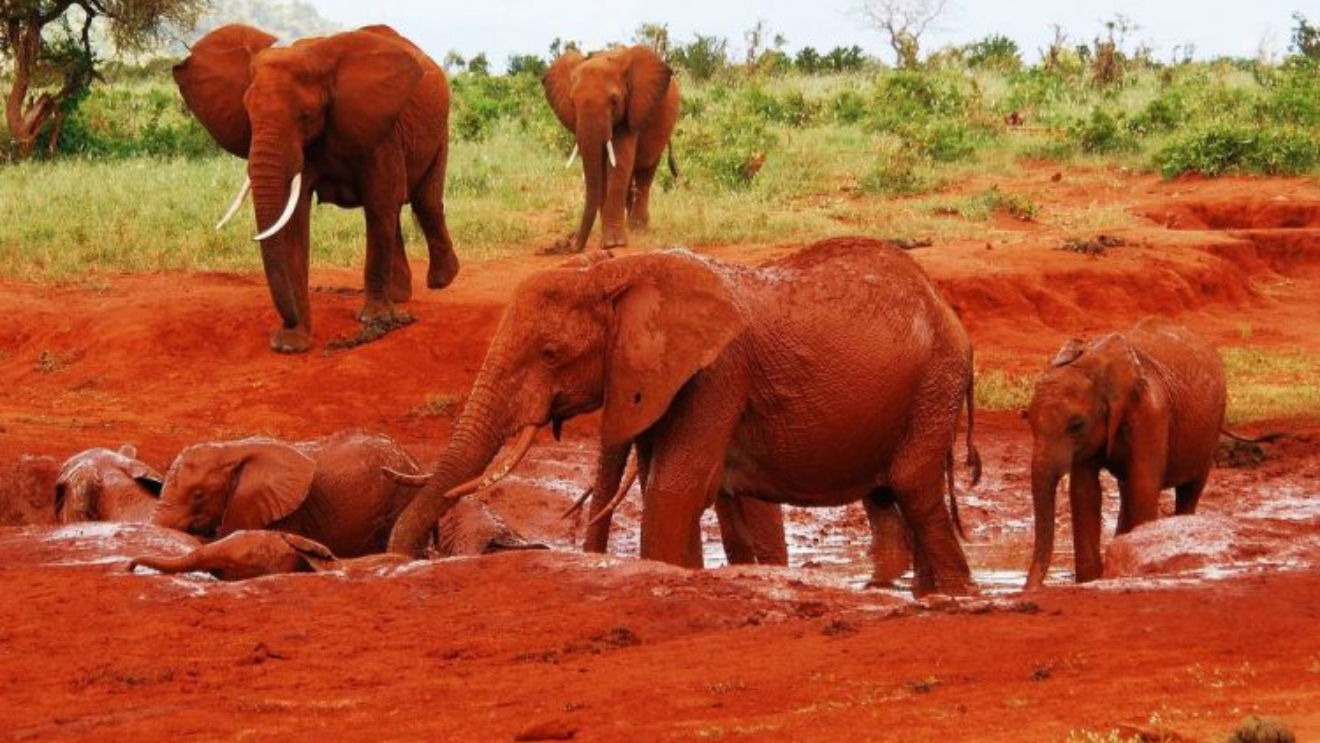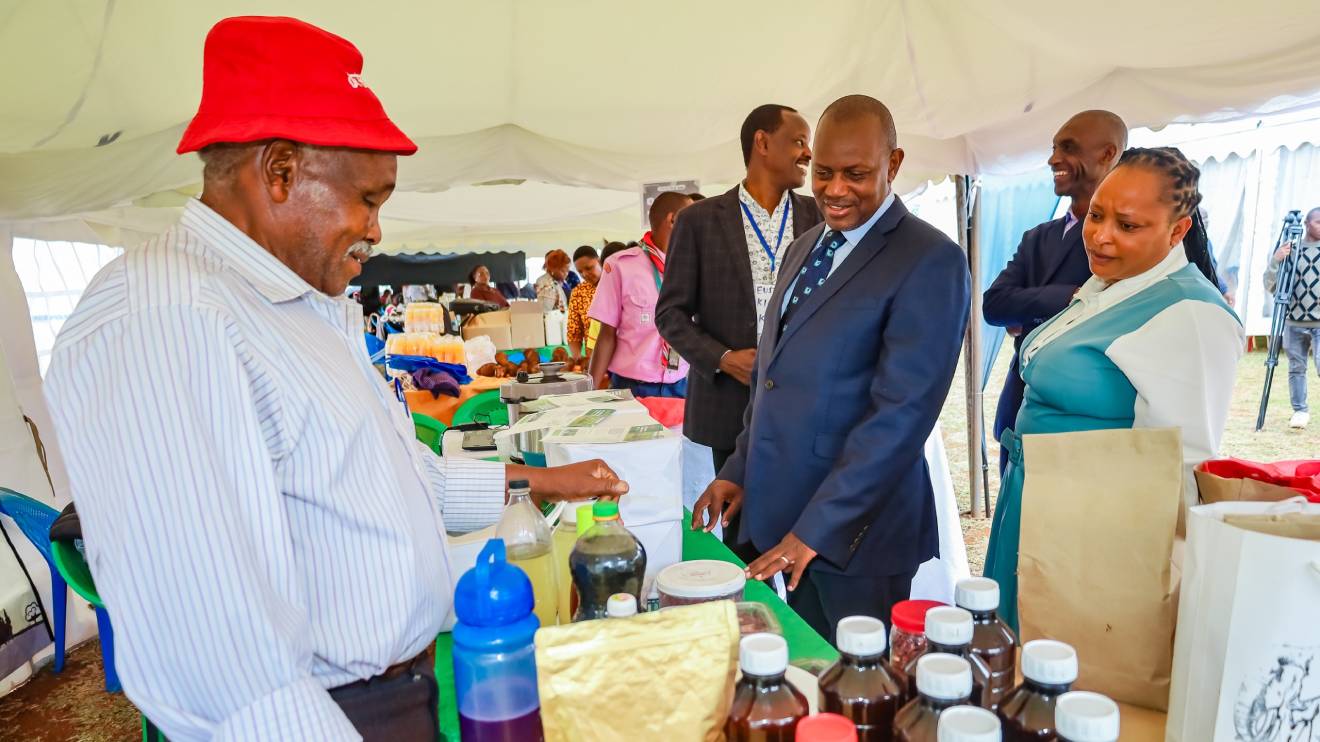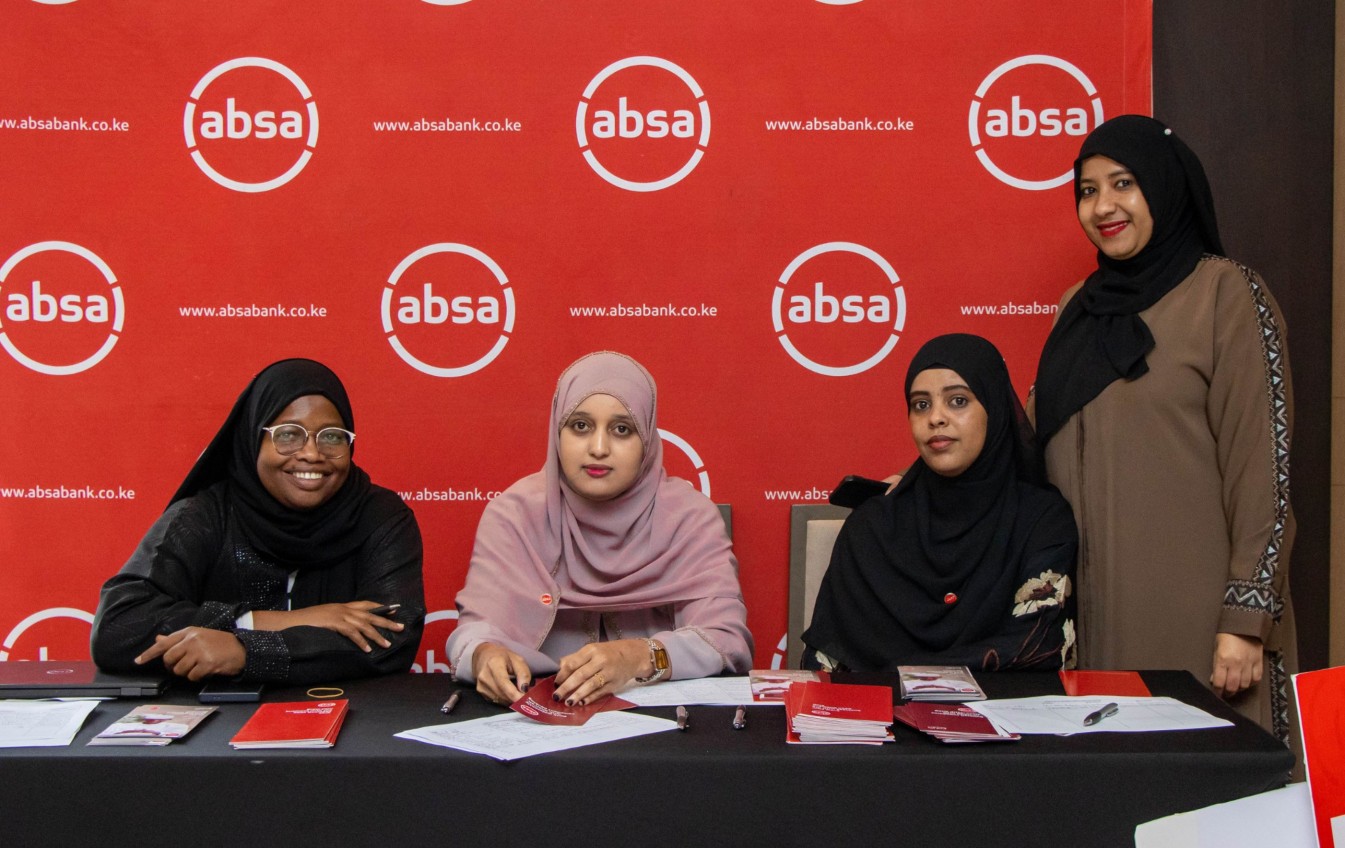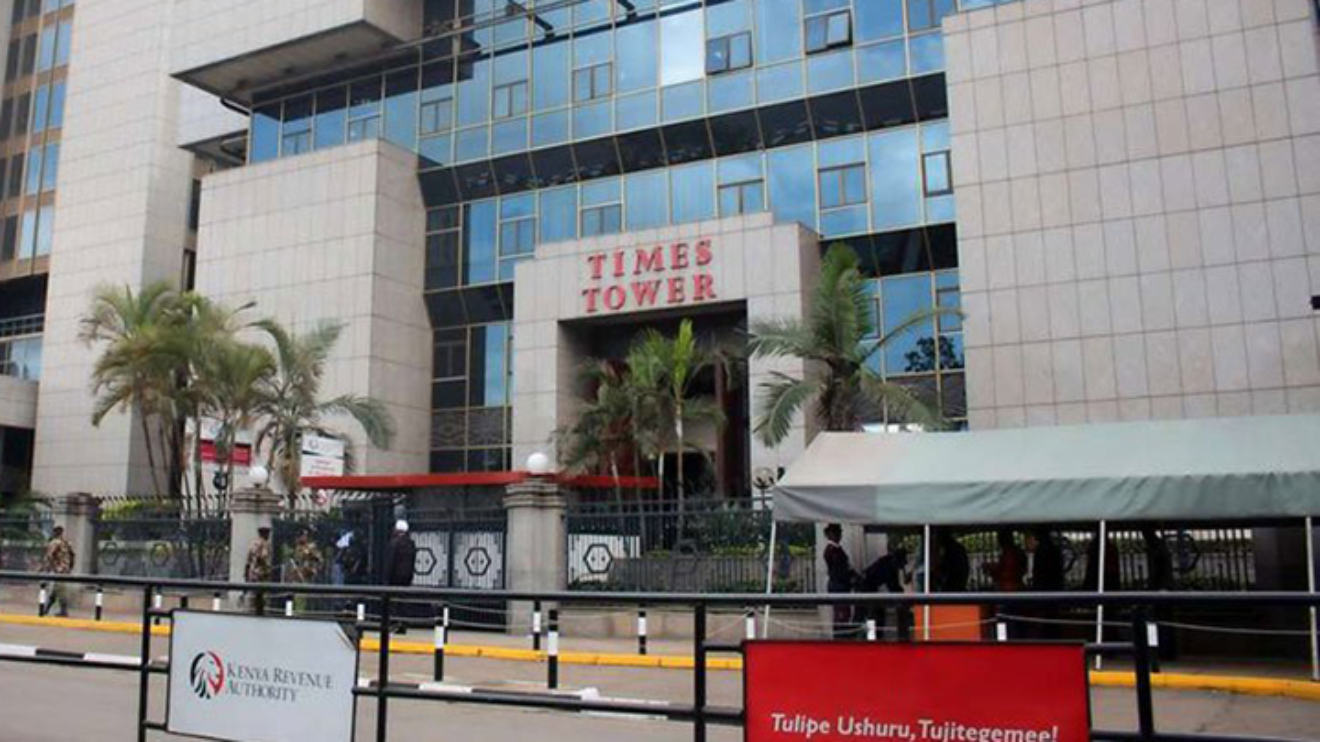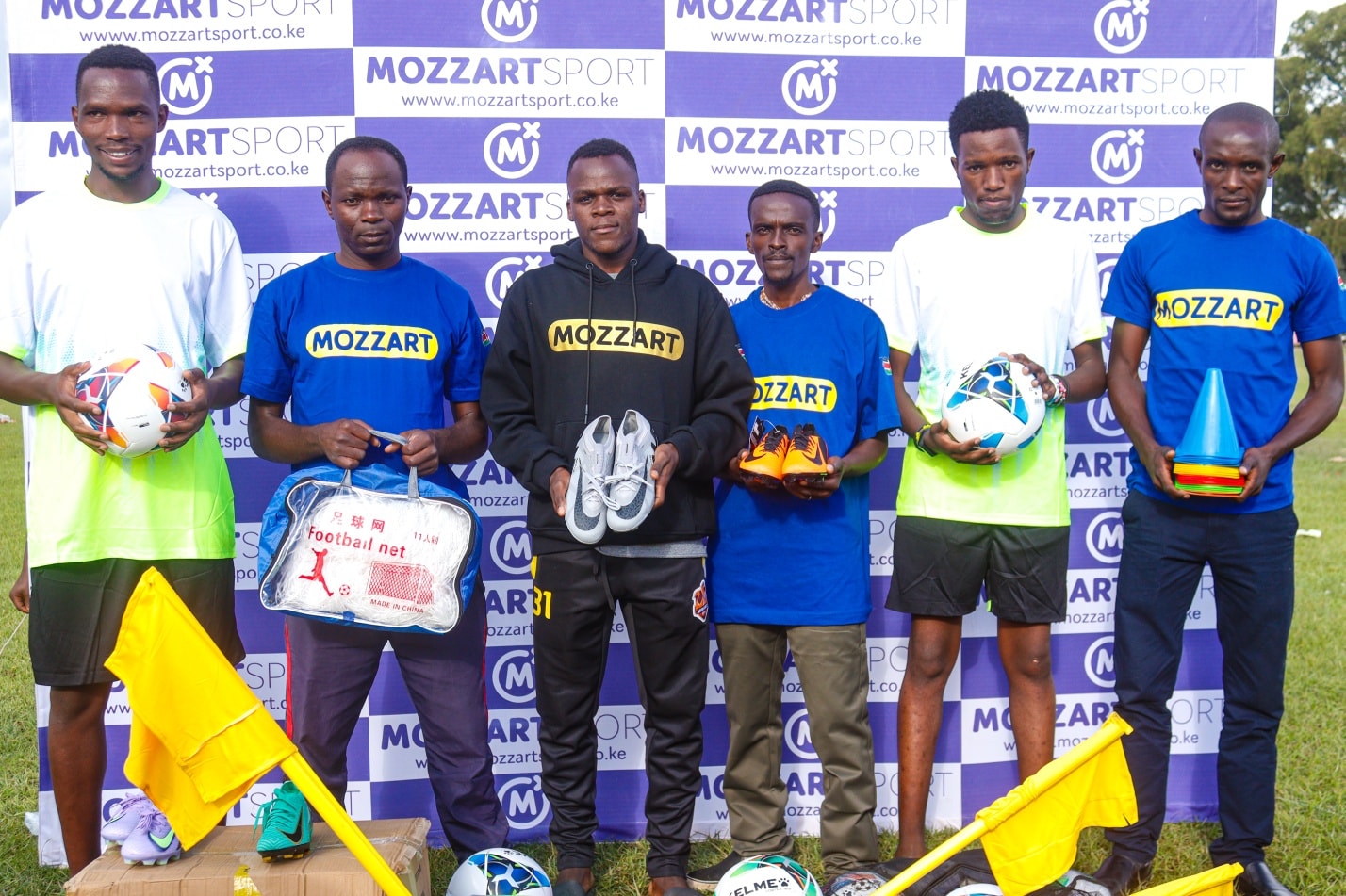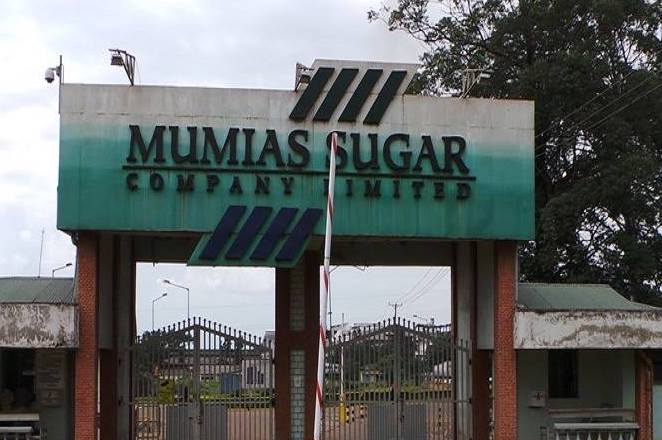A group of Kenyan content moderators, who played a significant role in developing the Artificial Intelligence (AI) chatbot ChatGPT, has taken a stand against what they allege to be exploitation and underpayment by OpenAI, the parent company of ChatGPT, and its local moderation partner, Sama (formerly Samasource).
The moderators claim to have been subjected to exploitation and underpayment during the creation of the immensely popular chatbot. Their petition urges the Kenyan government to regulate the operations of tech companies within the country.
According to court documents, Richard Mwaura Mathenge, Mophat Ochieng Okinyi, Alex Mwaura Kairu, and Bill Kelvin Mulinya, representing the moderation team, assert that in 2021, OpenAI collaborated with Sama, outsourcing the workforce responsible for training and refining ChatGPT.
The chatbot, launched in November of the previous year, aimed to mimic human-like communication and interaction.
"The contracts did not describe sufficiently the nature of the job," state the moderators, highlighting the lack of clarity regarding their assigned tasks. They allege that they were not adequately informed about the nature of the work they would be undertaking, which involved reviewing explicit and violent content and categorizing it for ChatGPT's AI learning purposes.
Read More
Describing the distressing content they were exposed to, the moderators state, "Examples of the content that we were exposed to include; acts of bestiality, necrophilia, incestuous sexual violence, rape, defilement of minors, self-harm (e.g. suicide), and murder just to mention a few."
Throughout the training process, the moderators claim they were denied psychological support, resulting in severe mental health issues such as PTSD, paranoia, depression, anxiety, insomnia, and sexual dysfunction.
Expressing their concern over the sudden termination of the contract between OpenAI and Sama, the moderators assert that they were sent home despite their deteriorating mental conditions.
They argue that this outsourcing model, commonly employed by prominent US-based tech companies, allows them to export harmful work to Kenyan youth who receive meagre compensation and lack the necessary support and care.
"The outsourcing model is commonly used by big technological companies based in the United States to export harmful and dangerous work to Kenyan youth. The outsourced workers are paid poorly and are not provided with the care they need to undertake such jobs. They are disposed of at will," the court documents read.
Furthermore, the moderators express their concerns regarding the differential treatment of outsourced workers compared to full-time employees and call upon the National Assembly Public Petitions Committee to investigate the work conditions and operations of Sama, along with other companies operating in Kenya.
They specifically mention Meta, TikTok, Google, Microsoft, and OpenAI as major tech companies outsourcing content moderation and other AI-related work to these firms.
The moderators also request an inquiry into the role of the Ministry of Labour in safeguarding Kenyan youth engaged in work for foreign-based tech companies. They advocate for the withdrawal of licenses from companies contributing to the exploitation of Kenyan youth and propose the enactment of laws regulating the outsourcing of harmful and dangerous technology work. Additionally, they call for amending the Employment Act to provide protection for workers engaged through outsourcing agreements and expanding the Occupational Health Act to acknowledge exposure to harmful content as an occupational hazard.
Their petition comes shortly after the establishment of the Content Moderators Union, a workers union consisting of over 150 moderators from Facebook, TikTok, and ChatGPT. The union's primary objective is to advocate for the rights and welfare of content moderators across major tech firms.
As the Kenyan content moderators strive to seek justice and improvements in their working conditions, their petition shines a spotlight on the urgent need for stronger regulations to protect workers in the rapidly expanding tech industry, ensuring their physical and mental well-being.

